Hollis
My name is Hollis Owens. I’m a student at Simon Fraser University where I’m completing my Masters of Arts in Educational Technology and Learning Design. My area of study is digital storytelling for adults living with early-stage dementia. Behind every person with dementia, there is a unique individual with rich life experiences. We often lose sight of this because we tend to see the disease and not the person. This can lead to misinformation and stigma.
That’s where digital storytelling can be helpful. It gives the person with dementia a voice to help us understand what it’s like to live with dementia by sharing their unique insights, beliefs and values.
In Vancouver, I had the wonderful pleasure of recording the stories of six amazing individuals, all of whom had some form of dementia. This project opened my eyes. I became more aware of the disease and came to realize that life does and can continue after diagnosis.
Hollis is part of a multi-disciplinary team of researchers and caregivers across Canada (Vancouver, Edmonton, and Toronto), and is funded by the Canadian Consortium on Neurodegeneration in Aging and AGE-WELL NCE. In Vancouver, Hollis worked with Mario Bayani, who lives with Alzheimer’s. Watch Mario’s video, here:
Media
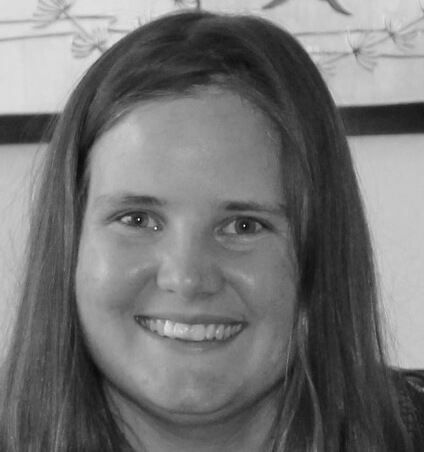
Here are my tips (in collaboration with two of the individuals who participated in my project) to help you better understand:
- Talk about dementia. If you have dementia, be open about it, talk to others who have it, and encourage them to do the same.
- Educate yourself and others about dementia. Accurate information about dementia will reduce stigma. People can live and enjoy life to the fullest of their ability even after a diagnosis. This also means educating the medical community like doctors. They should feel comfortable when giving a diagnosis and not feel the stigma of it. People have to be given hope that dementia is not an “early death sentence.” People with dementia can continue on for many good years, engage in activities that may help build or repair damaged brain cells, and enjoy life according to their abilities.
- Connect with community resources and organizations (like the Alzheimer Society) and learn about coping strategies. Reach out to your community for help and offer suggestions to become a part of the solution by making your community dementia-friendly
- Be an advocate for people with dementia. If you’re living well with dementia, be an inspiration to others by sharing your story digitally.
- Involve your family and friends in your activities. Let them acknowledge that you are still an active member of the family. With their help, life can be beautiful.
-
More Stories
-
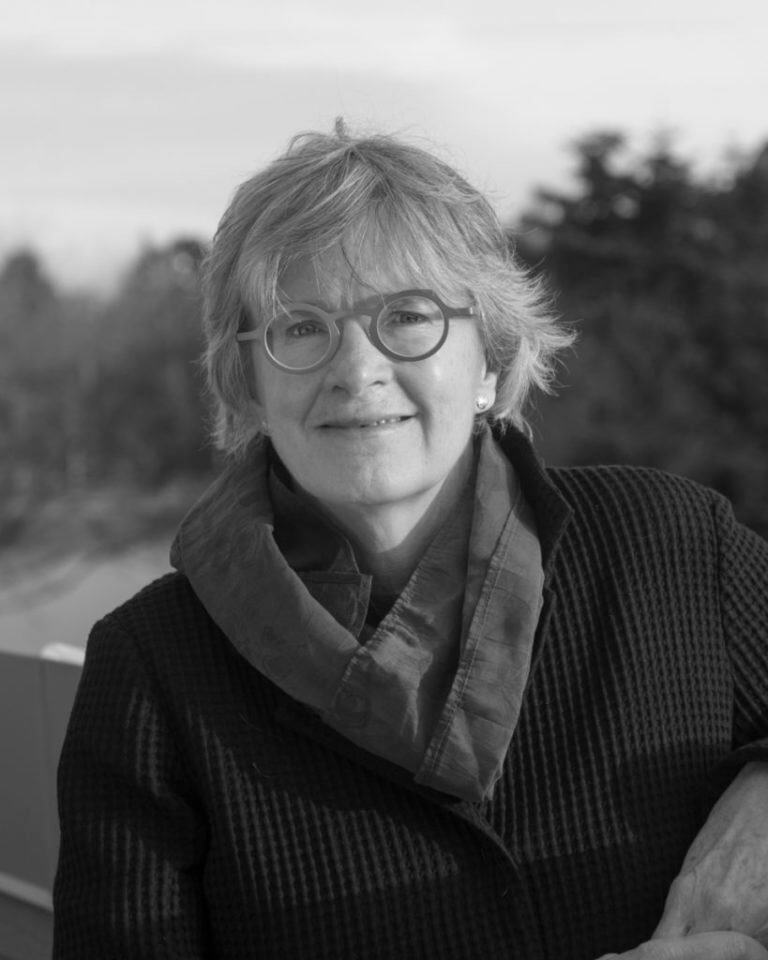
Cindy
2018
British Columbia
-
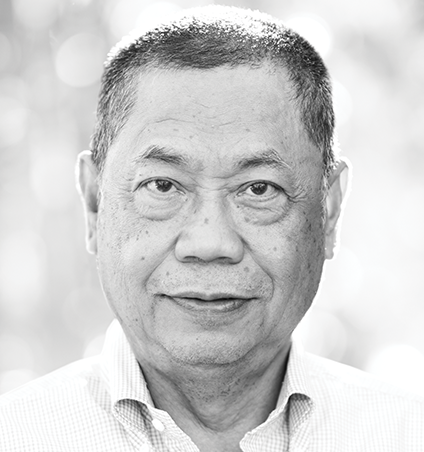
Mario
2018
British Columbia
-
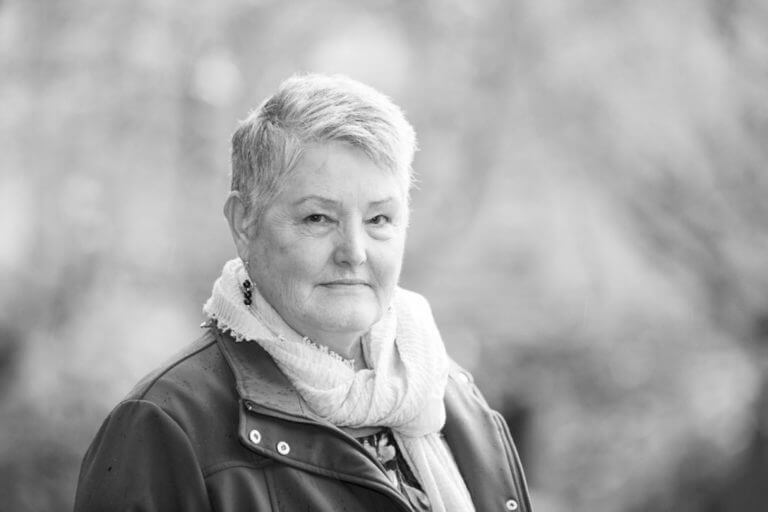
Myrna
2018
British Columbia
-
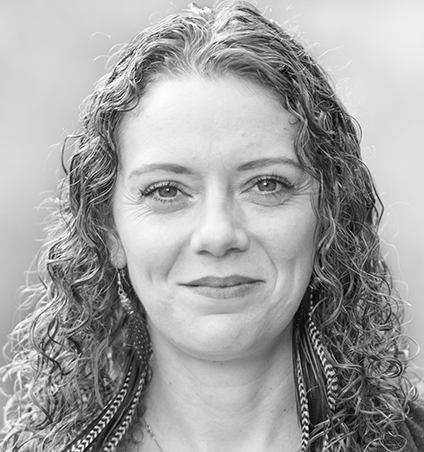
Naomi
2018
British Columbia

Comments
We may use your information in order to track your relationship with us and our site(s). We do NOT share your information with third parties.